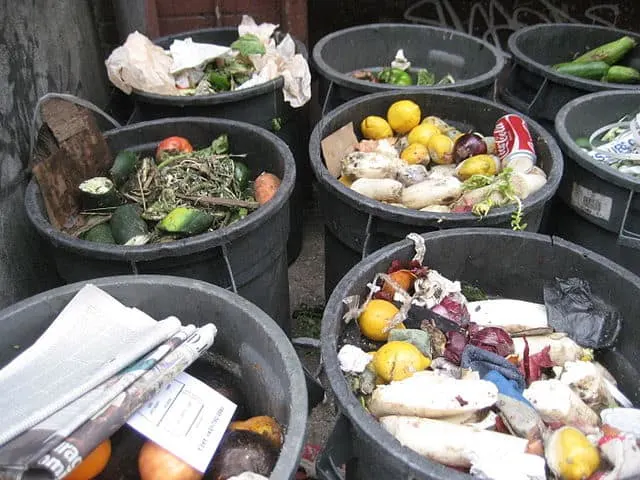
Being eco-friendly means living in a way that does not harm our surroundings. Now when the environment is increasingly threatened by the irresponsible behavior of every other man. It’s important to think about ways to minimize the damage we cause to our planet, indirectly endangering ourselves.
There is a lot of talk about environmental pollution and the consequences that will affect nature. If we do nothing: we are swamped with waste at every turn. We consume natural resources too fast without thinking about it, and the air is still too polluted. Each of us can contribute to the preservation of natural resources and the protection of the environment if it wants to – with discipline. There are multiple ways that an individual can make changes to reduce the negative impact that our daily lives typically have on our planet.
Stop Wasting Your Money
Reducing your waste means getting rid of debt, clutter, and stress. One of the most powerful tools we have is our money – where we spend it and where we don’t. On a daily basis, we have many options for purchasing sustainable and ethical products. Buying less is the first step toward reducing waste. It’s simple. Thinking about your purchases before making them makes you wise, not frugal.
Try to support sustainable, ethical businesses wherever possible. Pay close attention when buying the things you use every day. Purchase only eco-friendly products such as reusable grocery bags, beeswax snack bags, eco sponges, stainless steel straws, etc. By doing these you putting
pressure on companies that are negatively impacting the environment. This is the best way to tell them you care about our planet’s future and want to know what they are doing to change it.
Limit Food Waste
Food waste is a major issue. One-third of all human-produced food is lost or wasted. However, reducing waste in your household is simple: freeze anything you can’t eat while it’s fresh; buy unconsolidated produce so you can choose the exact amount you need. Get creative with what you make with leftover food. Food production is a major contributor to climate change and biodiversity loss. We must stop wasting food and begin eating ingredients that do not devastate precious rainforests and the wildlife that inhabits them.
Before throwing food away, consider whether it has deteriorated to the point where it must be dumped. Make it a habit to keep track of the food’s expiration dates in your refrigerator and to plan your meals accordingly. Compost food that has gone bad! Organic waste is composted into nutrient-rich soil.
Make Home Eco-Friendly
A green or eco-friendly home is one that has a low impact on the environment and is constructed with resources and methods that lower carbon emissions and demand less energy. One of the most effective ways to improve your home’s eco-friendliness is to use as little energy as possible. Investing in insulation is an excellent way to accomplish this. Because good insulation keeps the heat in, you don’t have to use as much energy reheating the house.
There are many remodeling projects for your home that can make your home more eco-friendly. But you don’t need to go big in the beginning. It will be enough for the start to unplug lights during the day and swap baths for showers.
Reduce Reuse And Recycle
The three R’s of the trash hierarchy are reducing, reuse, and recycle. Repurposing and recycling will increase your eco-friendliness a little more once you’ve used the aforementioned suggestions to limit what is generated and consumed. The proverb “someone else’s garbage is another person’s treasure” is applicable in this situation. Even something that is outdated and useless can be used again. This prevents more waste from going to landfills and offers you (or someone else) something wonderful and “new” to use.
Recycling as much as possible is essential to environmentally responsible garbage removal. Don’t forget about eCycling, donate your old computers and tablets to a school. Electronics that have been donated for reuse can last longer than new ones. This prolongs the time that they are kept out of the waste stream.
Start Now
Wildlife population sizes have decreased by an average of 68% over the past 50 years. But we are aware that things need not be this way. We can change things with worldwide action to safeguard species, improve food production, and alter our eating habits. We all suffer when nature is harmed.
However, we have a solution, and if we take action right once, we can safeguard both our health and the health of the planet. Making a difference for the environment in your life doesn’t have to be difficult. It can actually be a very fulfilling experience. Additionally, the advantages will start to assist your money and health.
- Sagittarius Man & Gemini Woman Love and Sex Compatibility - January 31, 2024
- Taurus Ascendant Rising Personality Traits in Men (Guide) - January 31, 2024
- How to Seduce and Attract a Sagittarius Man (Seduction Tips) - January 31, 2024
